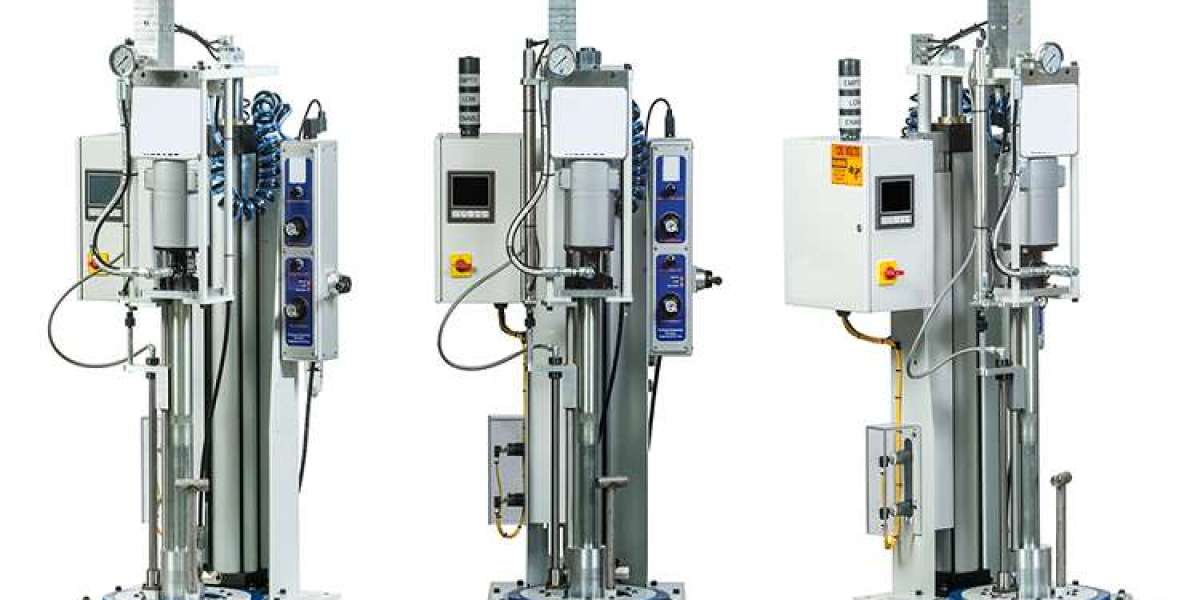In today’s digital landscape, data centres stand as the backbone of organizational operations. They house critical infrastructure, including servers, storage devices, networking hardware, and other IT assets that keep businesses running smoothly. As technology evolves at a rapid pace, companies often face the challenge of upgrading or decommissioning existing data centre equipment. This process demands careful planning to ensure it’s done securely, sustainably, and economically.
Understanding Data Centre Asset Disposal
Data centre asset disposal (DAD) refers to the process of decommissioning and disposing of outdated or redundant IT equipment. This is not a simple task of dumping hardware in the bin; it involves systematic procedures to erase sensitive data, manage waste responsibly, recover value from retired equipment, and adhere to legal and environmental regulations.
For many organizations, the thought of data centre disposal of valuable IT assets is daunting due to data security concerns and potential environmental impacts. Therefore, partnering with specialized asset disposal providers becomes essential, especially during data centre decommissioning projects where complete hardware removal is involved.
Why Proper Asset Disposal Matters
Data Security and Compliance
Data security is paramount. Data centres contain sensitive information—client data, employee records, financial information—that must be protected. Improper data centre disposal risks data breaches, hefty fines, and damage to reputation. Certified data erasure methods, such as physical destruction or sanitization, ensure data cannot be recovered.Environmental Responsibility
Electronic waste (e-waste) has serious environmental implications. Hazardous materials like lead, mercury, and cadmium found in electronics can contaminate soil and water if not disposed of responsibly through data centre recycling. Proper recycling minimizes environmental impacts, ensures compliance with regulations like WEEE (Waste Electrical and Electronic Equipment Directive), and promotes sustainability.Cost Recovery
Unused hardware can still hold value. Reselling functional equipment or components as part of data centre decommissioning can offset disposal costs. Asset recovery programs enable organizations to recoup some investment, turning obsolete assets into revenue.
Key Aspects of Data Centre Asset Disposal
Audit and Inventory
Begin with a comprehensive audit of all data centre hardware. Know what assets you have, their age, condition, and residual value. This step helps in planning the data centre decommissioning process efficiently and identifying what can be safely recycled or resold.Data Sanitization
Prioritize secure data sanitization protocols. Certified methods include degaussing, crushing, secure overwriting, or physical destruction. Documented certification assures compliance and offers peace of mind.Data Centre Recycling and Recycling Partners
Partner with accredited e-waste recyclers who adhere to environmental standards. They handle data centre recycling by sorting, recovering valuable materials, and disposing of waste responsibly. Many recyclers also offer certification on environmentally sound practices.Asset Recovery & Resale
Identify equipment suitable for resale. From servers to networking gear, refurbished assets can be sold through data centre decommissioning programs, helping recover costs. Some specialized companies manage end-to-end resale, providing a streamlined process.Legal & Regulatory Compliance
Ensure disposal practices align with GDPR, Data Protection Act, and other legislation relevant to data centre disposal. Maintain records of destruction and disposal methods for audit purposes.
Choosing the Right Partner
Partnering with an experienced provider specializing in data centre decommissioning and data centre recycling ensures your organization’s needs are securely and sustainably met. Look for providers with:
- Certification in data sanitization (e.g., ISO 27001, CENELEC)
- WEEE compliance
- Proven track record of secure disposal and asset recovery
- Transparent processes and documentation
- Ability to handle large-scale decommissioning projects
Benefits of Professional Data Centre Asset Disposal
- Security Assurance: Expert handling guarantees that sensitive data is securely erased or destroyed.
- Environmental Compliance: Responsible data centre recycling reduces e-waste footprint.
- Regulatory Compliance: Ensures adherence to legal standards, avoiding fines.
- Cost Savings: Asset resale during data centre decommissioning reduces overall disposal costs.
- Peace of Mind: Reduces organizational risk by ensuring proper procedures are followed.
Conclusion
Effective data centre disposal is a crucial aspect of modern IT management, especially during data centre decommissioning. With the rapid pace of technological change, organizations must approach decommissioning systematically, prioritizing data security, environmental responsibility, and cost-efficiency. By partnering with reputable disposal providers and focusing on data centre recycling, businesses can mitigate risks, recover value, and demonstrate their commitment to sustainability and regulatory compliance.
Whether upgrading infrastructure, consolidating data centres, or retiring outdated equipment, responsible data centre disposal practices protect your organization’s reputation, safeguard sensitive information, and contribute positively to environmental conservation—an all-round win in today’s digital age.







